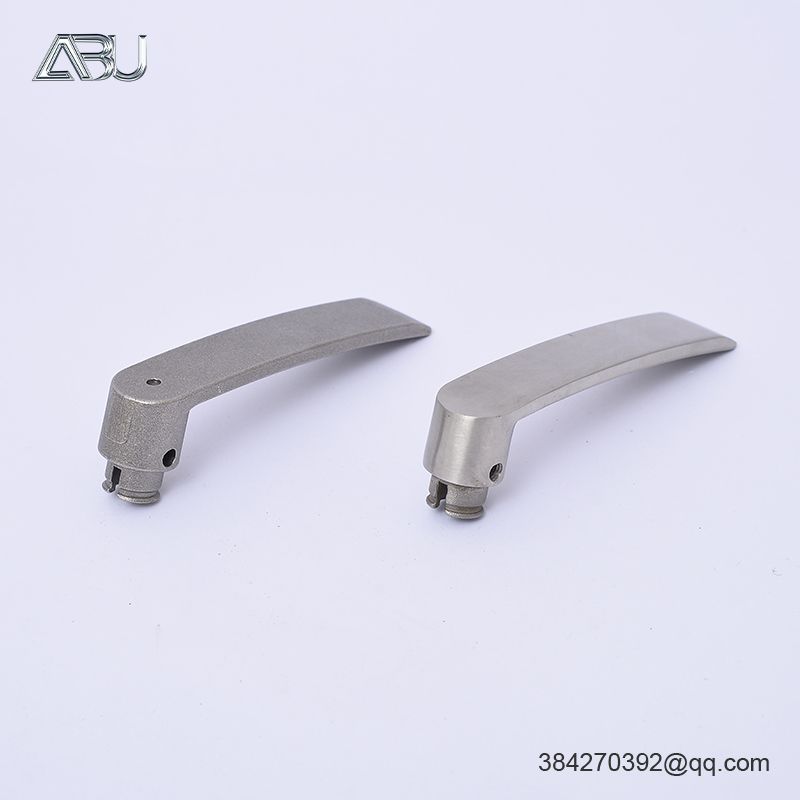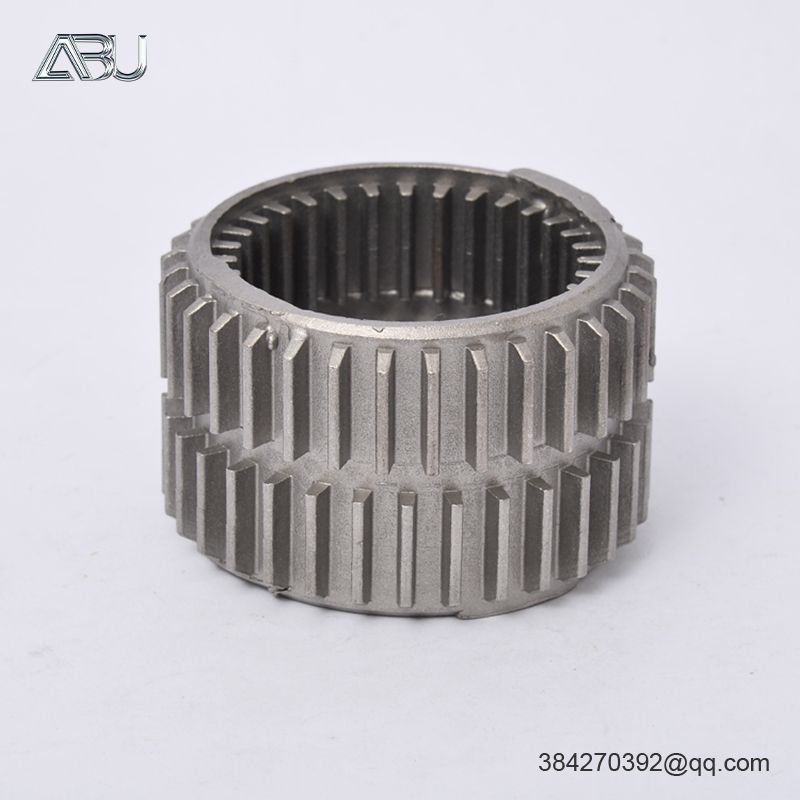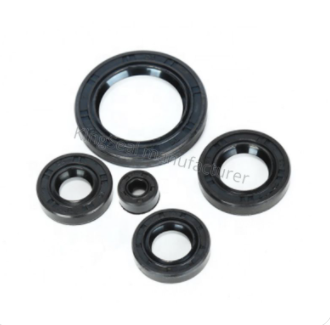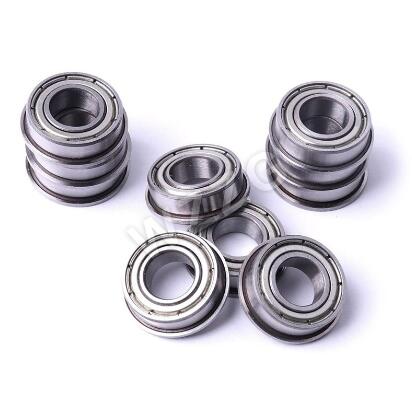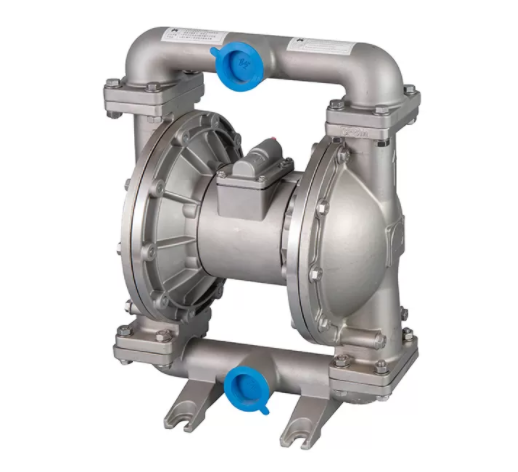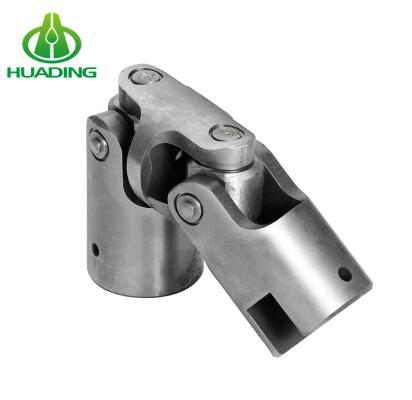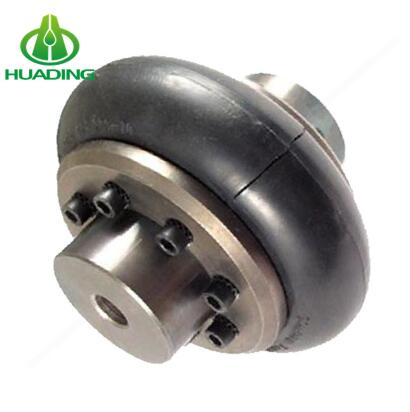7 Tips for Beginners to Choose Solenoid Valves
Selecting the right solenoid valve is crucial for optimal performance in various applications. Whether you are a beginner or an experienced professional, making an informed choice ensures efficiency and longevity. In this guide, we present seven essential tips to help beginners navigate the complexities of choosing solenoid valves.
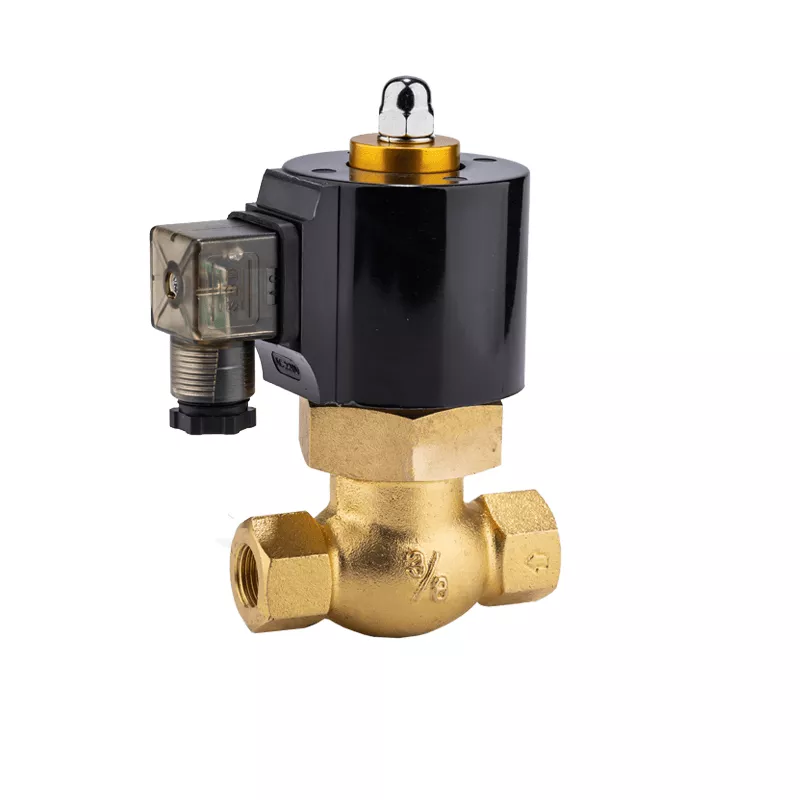
1. Know Your Application Requirements
Before delving into the myriad options available, clearly define the requirements of your application. Consider factors such as fluid compatibility, pressure ratings, and environmental conditions. Understanding these specifics will guide you toward a valve that aligns perfectly with your needs.
2. Determine Valve Type
Solenoid valves come in various types, including direct-acting, pilot-operated, and servo-assisted. Each type serves distinct purposes. Direct-acting valves are ideal for quick response applications, while pilot-operated valves handle higher flow rates. Knowing the type that suits your application is pivotal.
3. Evaluate Material Construction
Material selection plays a vital role in the durability and reliability of solenoid control valves. Common materials include brass, stainless steel, and plastic. Consider the compatibility of materials with the fluid in your application to prevent corrosion and ensure a long lifespan.
4. Understand Voltage and Electrical Compatibility
Solenoid valves operate on electrical impulses. Ensure compatibility by understanding voltage requirements. Check if the valve aligns with your existing electrical system. This step is crucial in preventing malfunctions and ensuring seamless integration into your setup.
Additional resources:How Does a Pallet Inverter Work?
Caterpillar Diesel Engine Models: Exploring the Range and Applications
The Ultimate Guide to Lamination Welding: A Comprehensive Overview
Advantages of Overhead Conveyor Load wheel Side roller
Which industries rely on slurry pumps for efficient handling of abrasive fluids?
Common Types of Gate Valves
Different Types of Belleville Washers and Their Advantages
5. Consider Flow Rate and Size
Matching the valve's size to the required flow rate is essential for optimal performance. Oversized or undersized valves can lead to inefficiencies and potential damage. Understanding your system's flow requirements will guide you in selecting the right size for maximum effectiveness.
6. Evaluate Valve Response Time
In applications where timing is critical, such as in automation systems, the response time of a solenoid valve is paramount. Faster response times enhance precision and efficiency. Review the specifications of different valves to choose one that meets the time-sensitive demands of your application.
7. Factor in Long-Term Costs and Maintenance
While initial costs are a consideration, it's equally important to assess the long-term costs and maintenance requirements. Opt for a solenoid valve with a balance of quality and affordability. Consider ease of maintenance and availability of replacement parts to ensure sustained functionality.
Conclusion
In conclusion, choosing the right solenoid valve involves a comprehensive understanding of your application's requirements and careful consideration of technical specifications. By following these seven tips for beginners, you can confidently select a solenoid valve that not only meets your current needs but also contributes to the long-term efficiency of your system.
If you want to read more information please contact Xingyu
Additional resources:What is the difference between API 608 and API 6D ball valve?
Hydraulic Rubber Seal: Ensuring Efficiency and Reliability in Hydraulic Systems
How does a Filter Press Feed Pump work?
What is the difference between rigid and flexible flange coupling?
What is the difference between a slurry pump and a water pump?
Enhancing Oilfield Safety with Sucker Rod Blowout Preventers (BOPs) for High-Pressure Environments
Advantages of Triplex Mud Pumps




